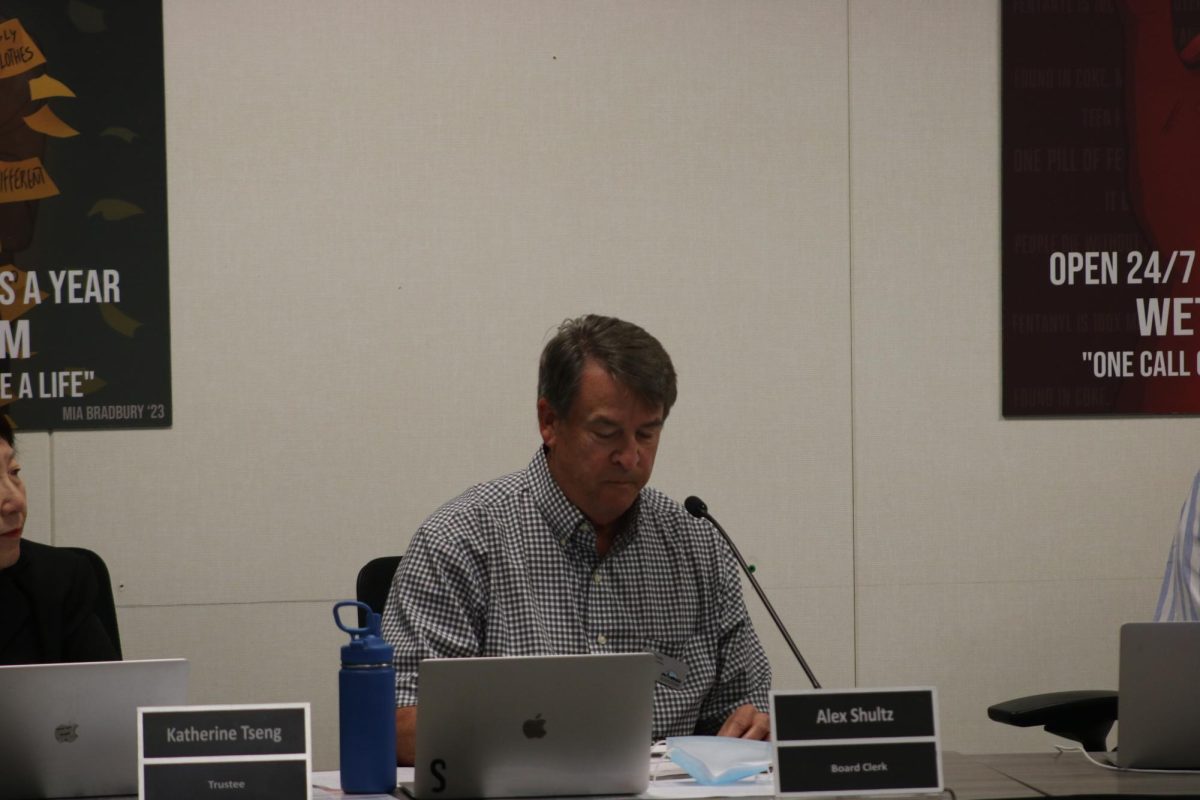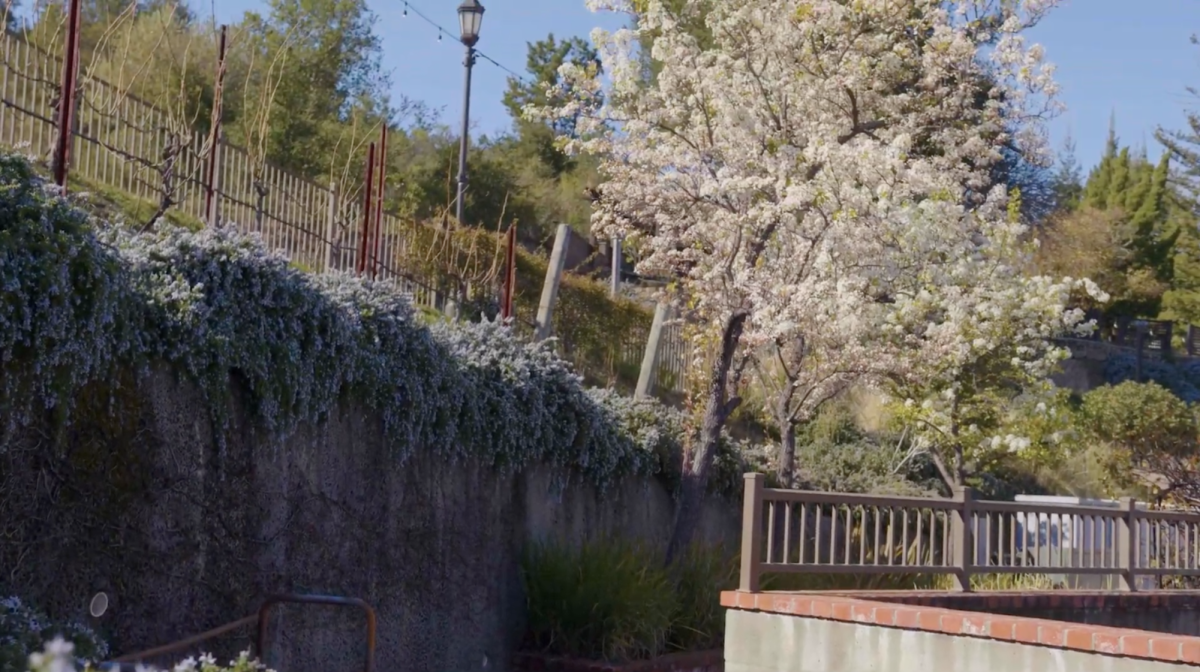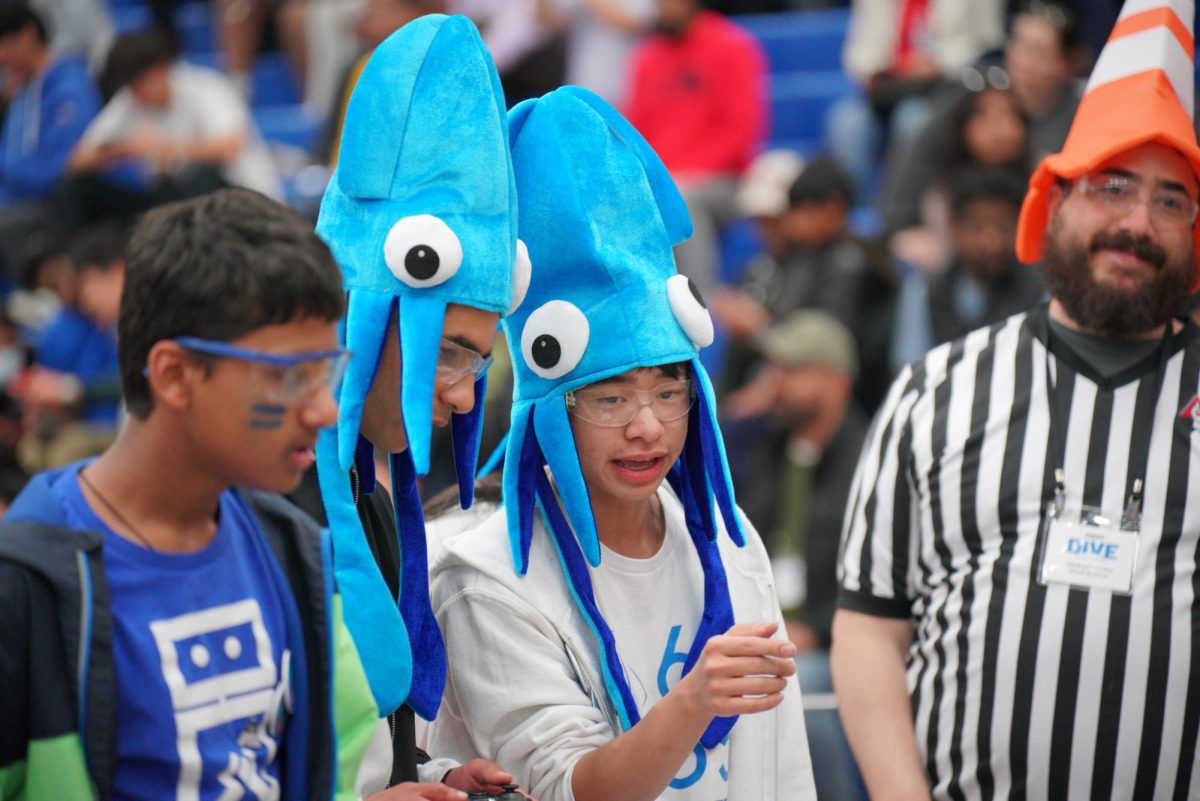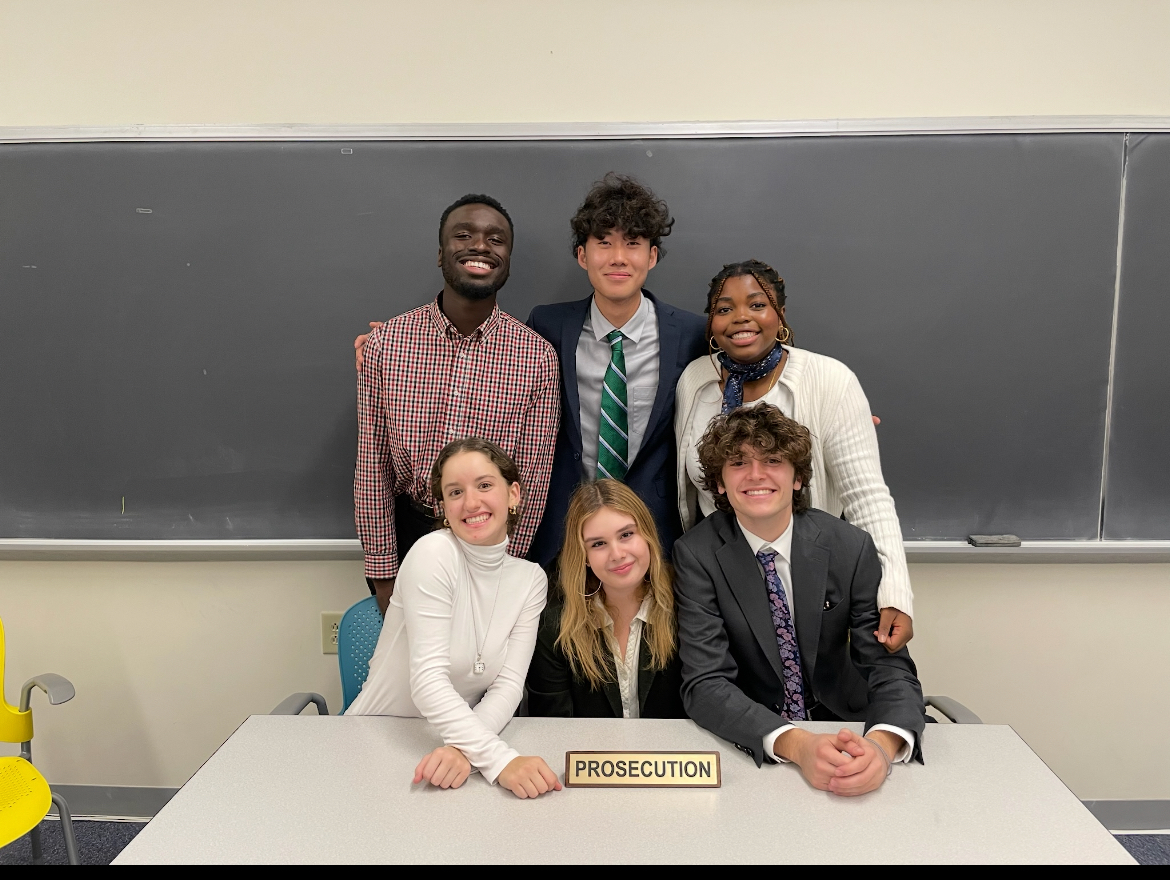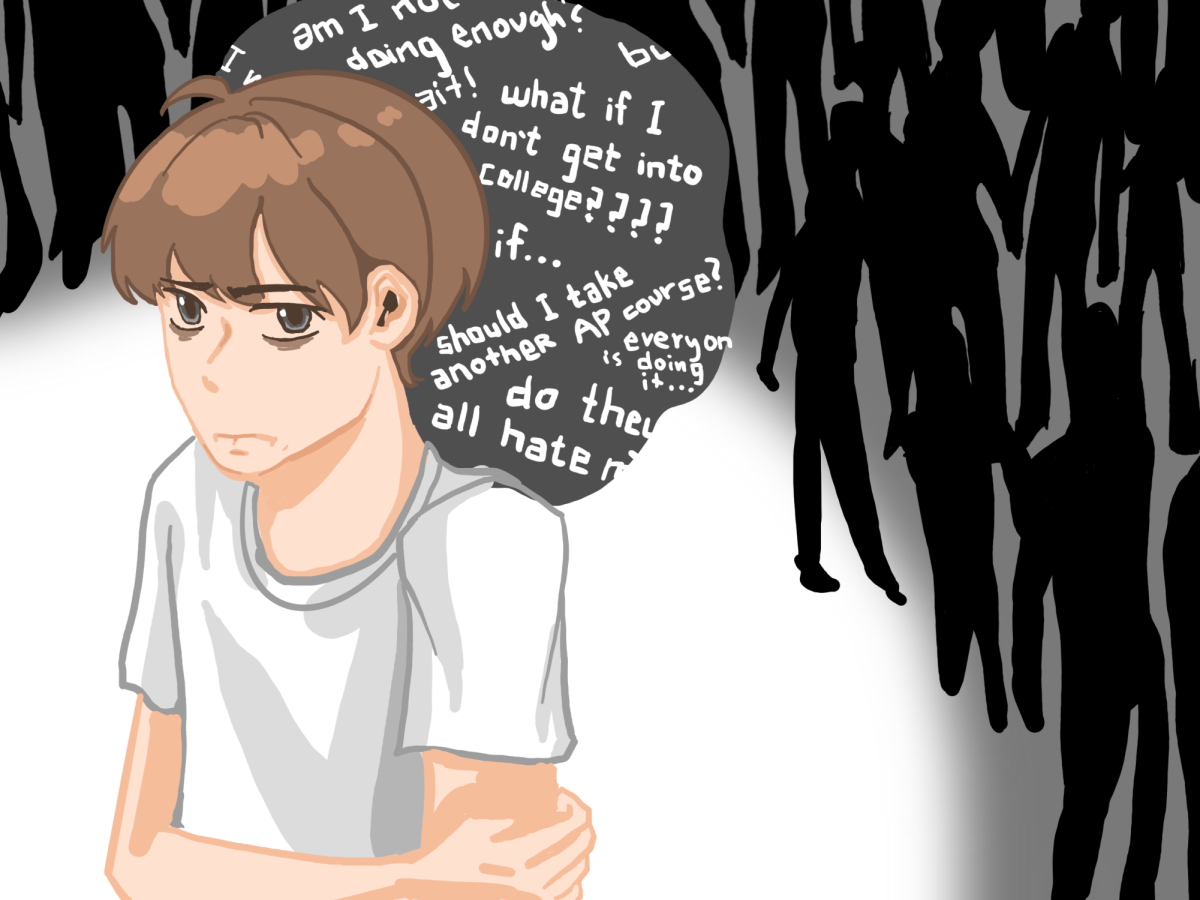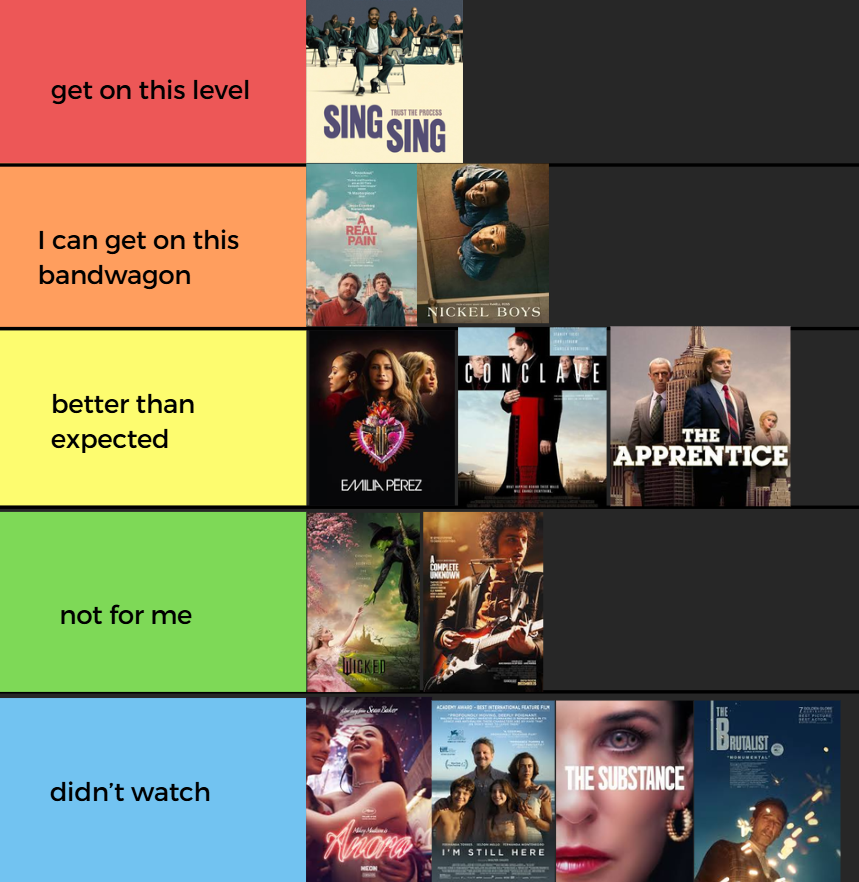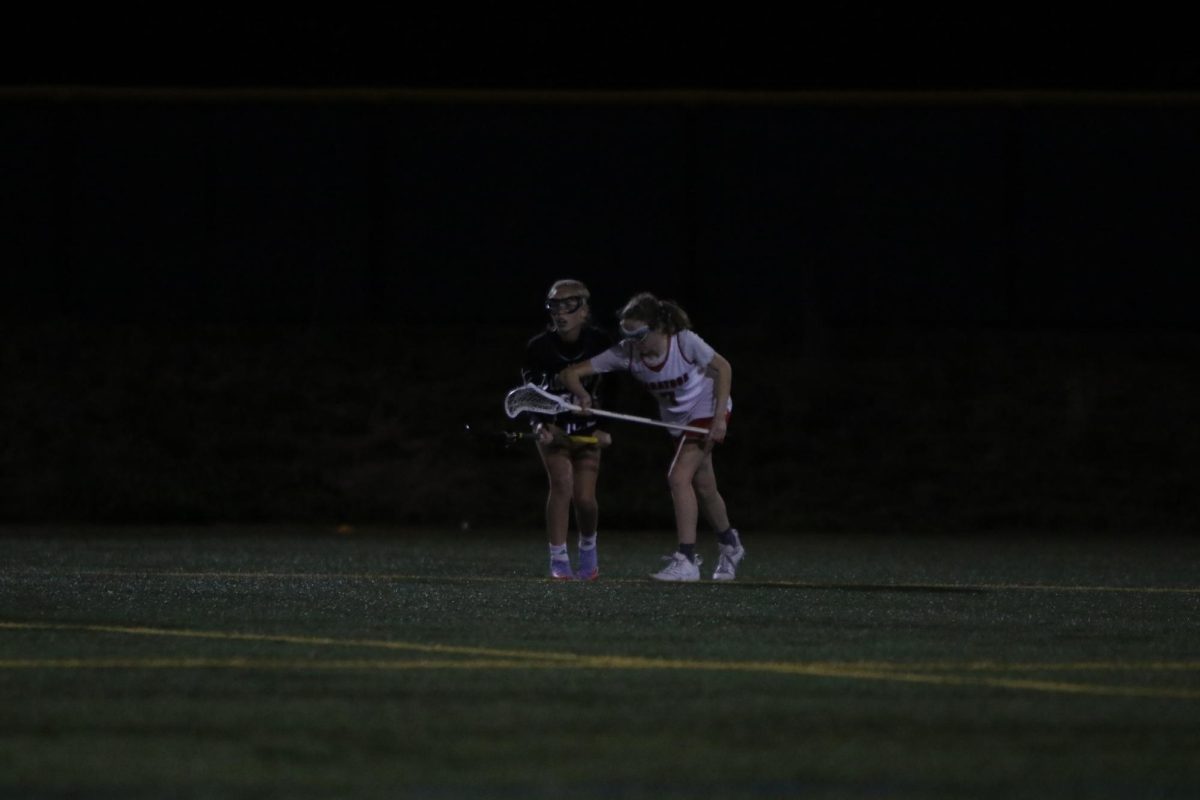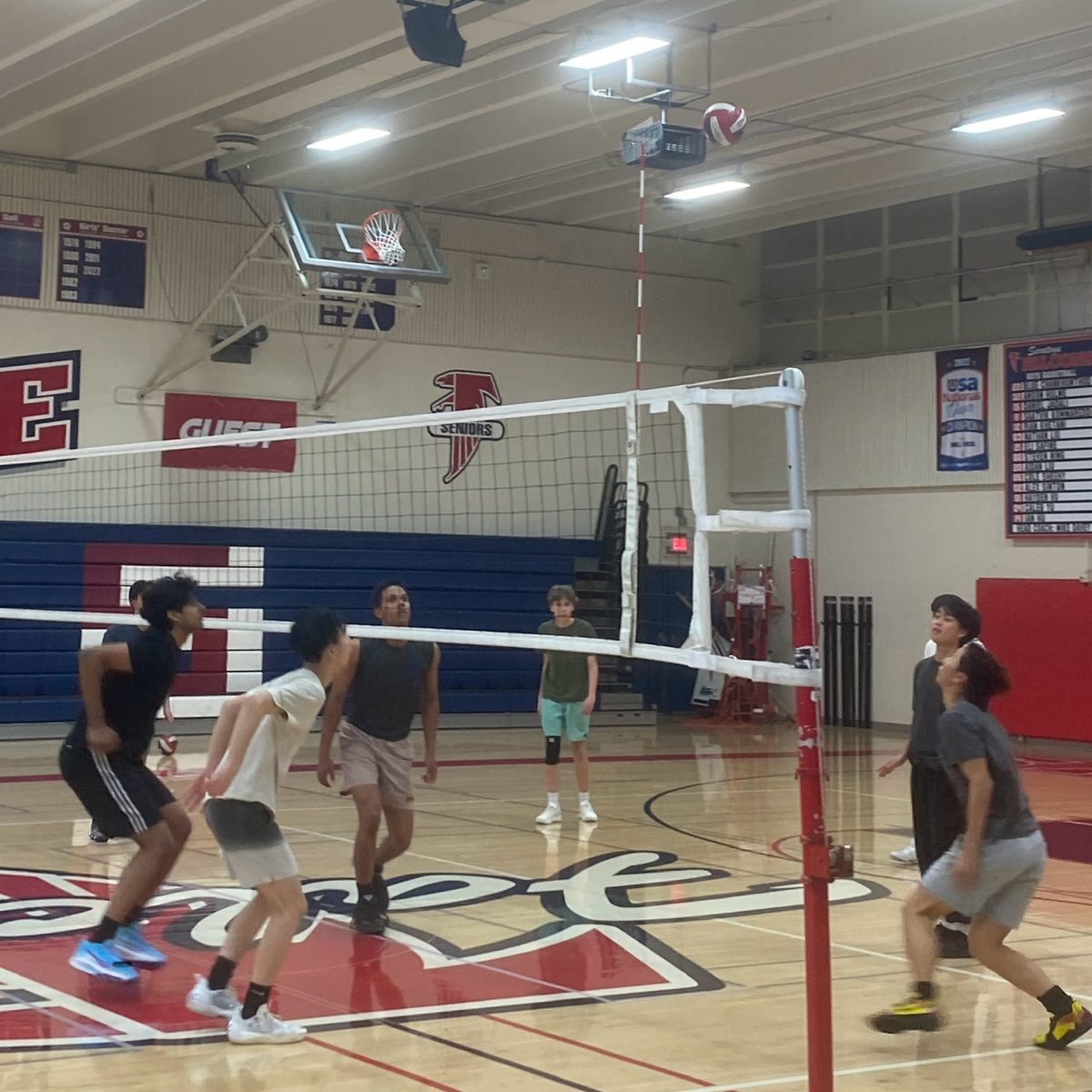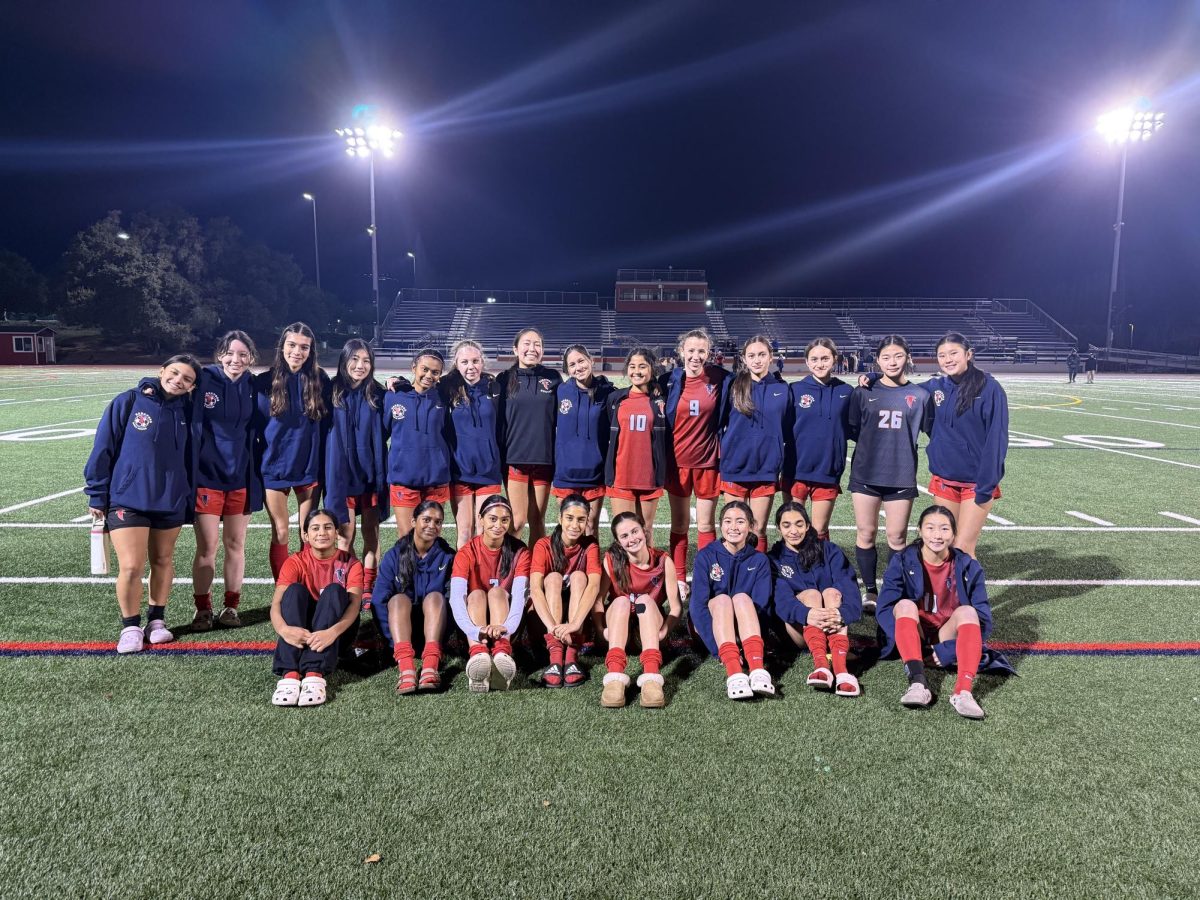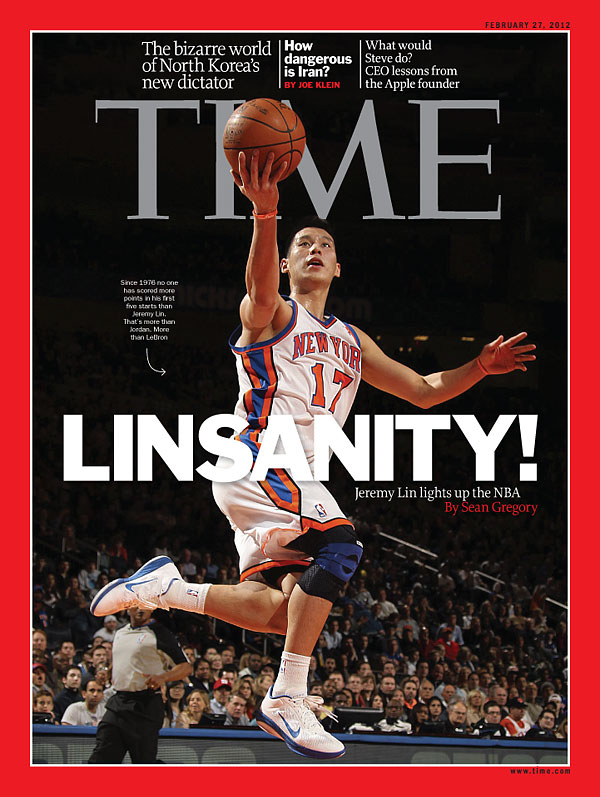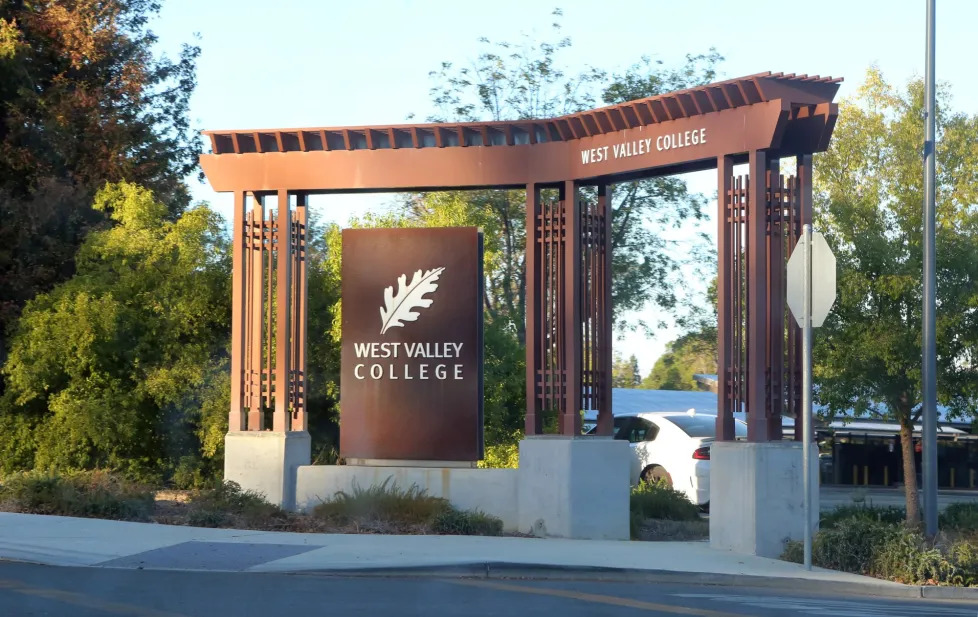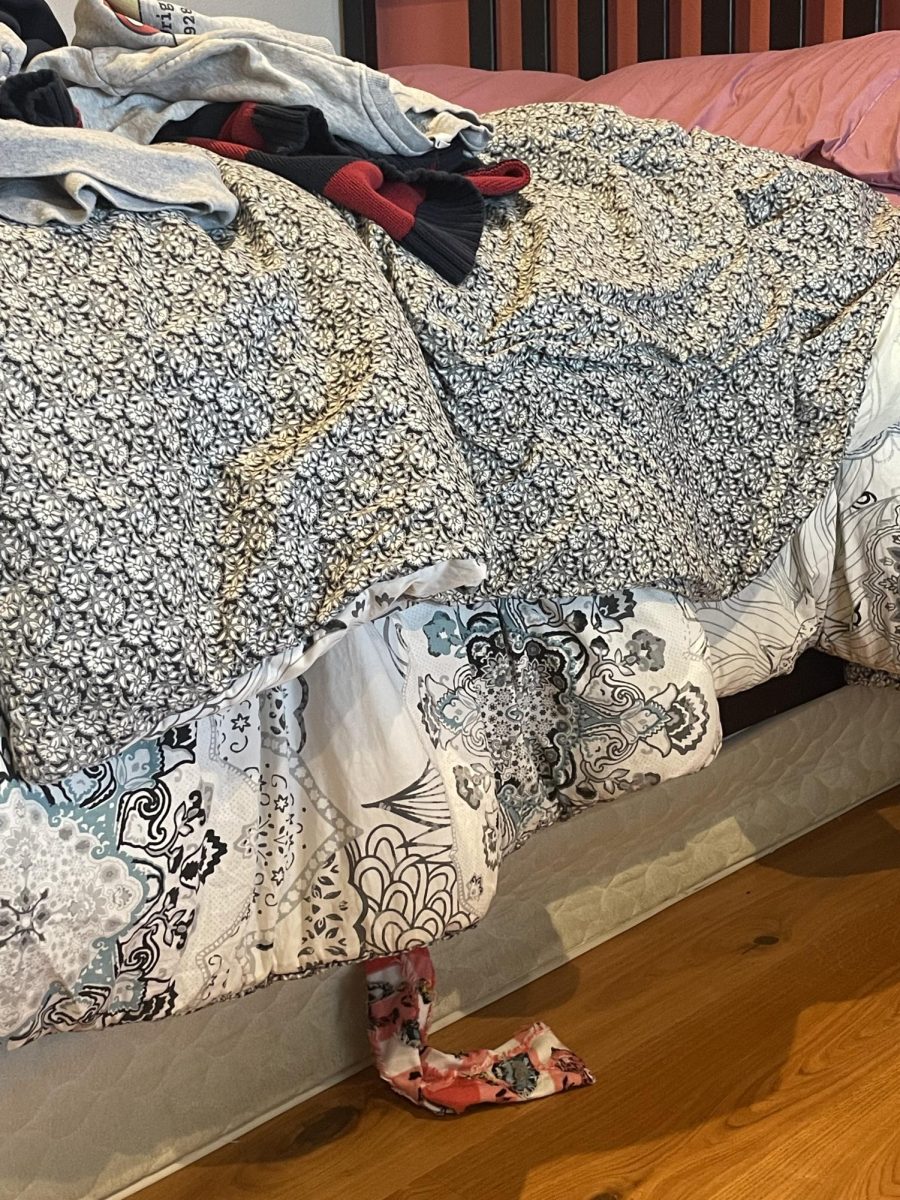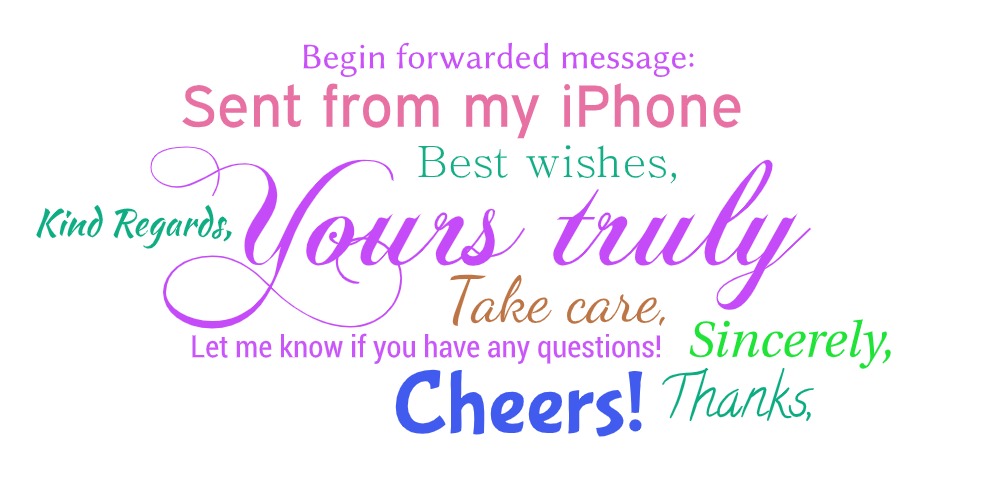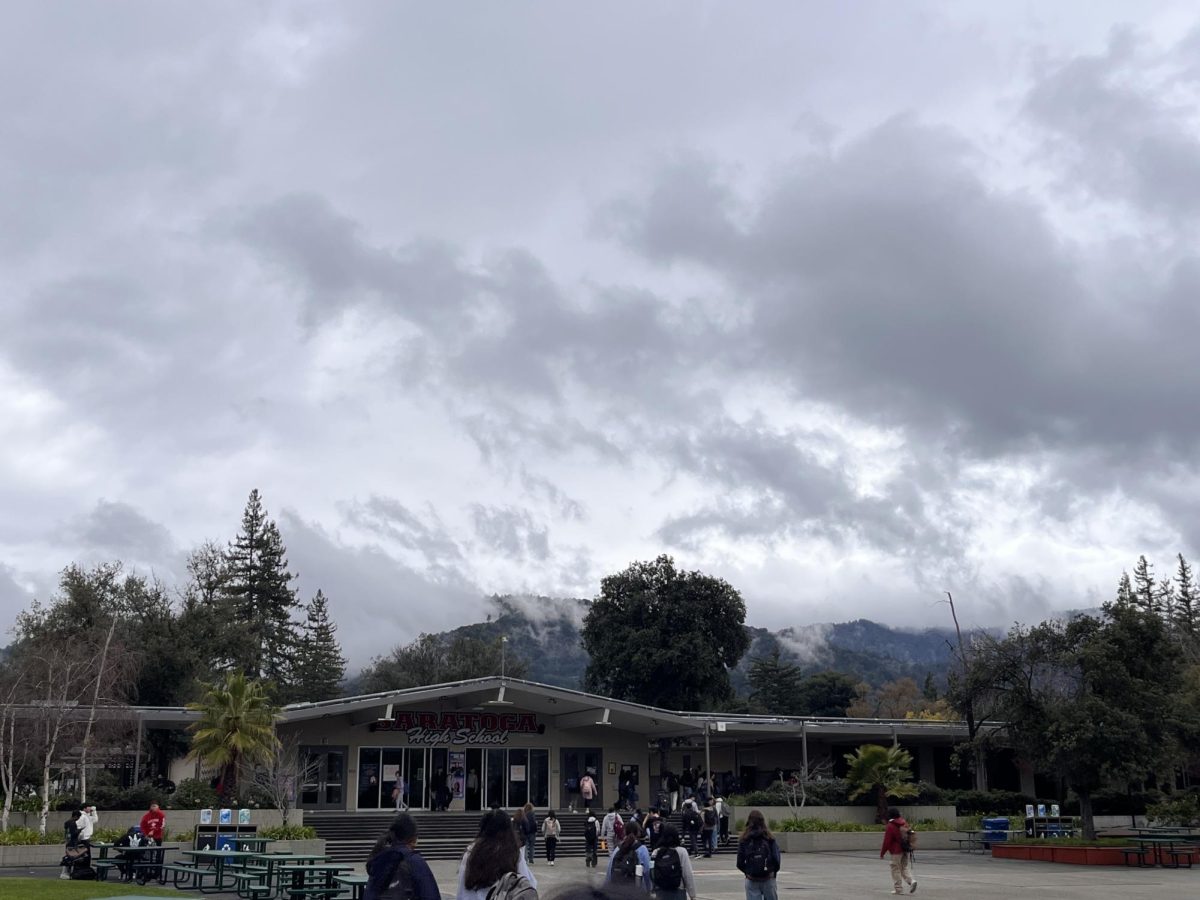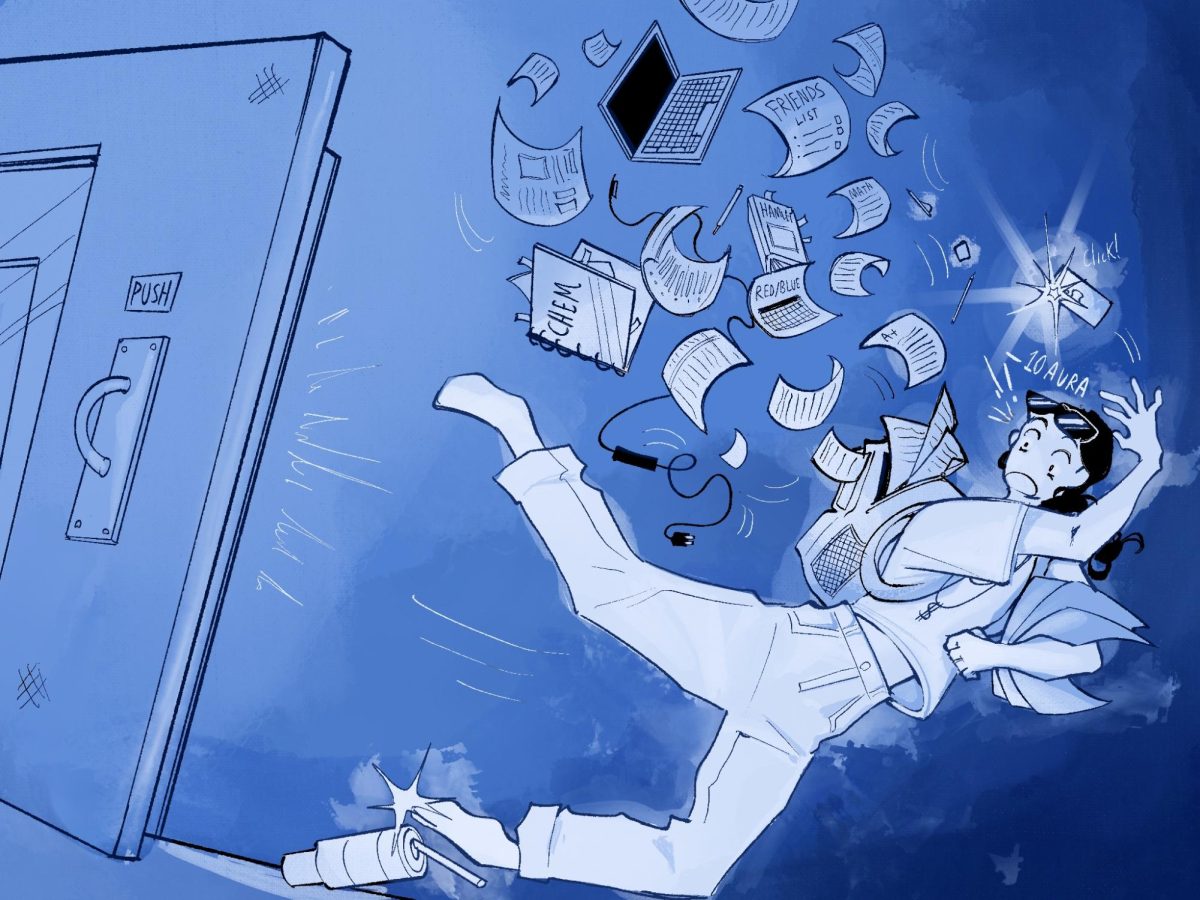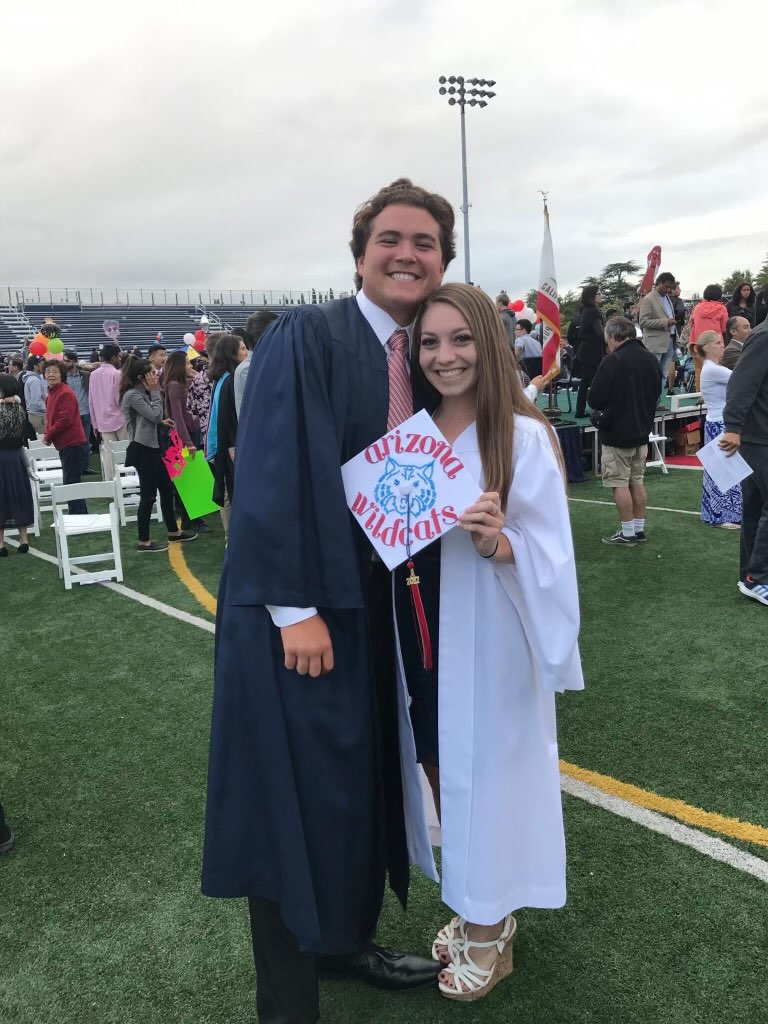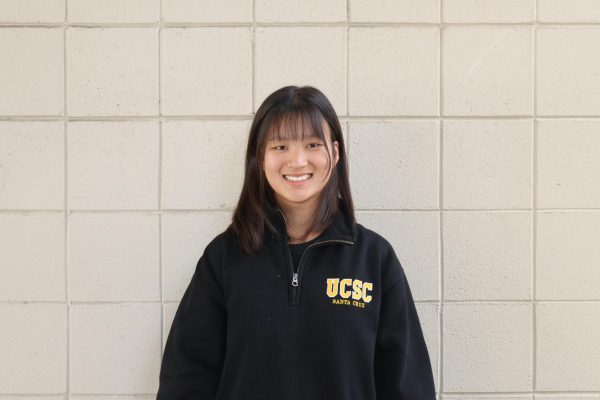For many SHS graduates, the path to academic success isn’t always a straight line, and they need key mentors and helpers on their way to a diploma.
Tony Ramirez and Tina Miller-Ramirez, members of the Class of 2017, found success in the school’s special education program as they followed their Individualized Education Plans (IEPs). Their educational journeys involved a little extra support, a little more patience and a more tailored approach to learning than students in general education experience.
Now, they are a happily married couple with fulfilling careers. Ramirez works as a real estate agent while Miller-Ramirez works at Aya Healthcare to aid traveling nurses.
IEPs are legal documents that map out support services and accommodations; they are provided to students who qualify for them with a diagnosed learning disability.
From a young age, Ramirez was diagnosed with auditory, visual and verbal dyslexia, while Ramirez-Miller was diagnosed with processing disorder, causing them both to take longer to absorb information and consume new knowledge. They were both placed in support class, where they had more time to complete homework and receive personalized help from educators like special education teacher Daniel Wallace, whose class was the one they first met in. Ramirez and Ramirez-Miller started dating in their sophomore year.
Ramirez-Miller said, “Wallace’s class was basically utilized as a study hall period. It was a time where we could work on other homework for classes, but more importantly, ask questions and better understand the material that we were learning. And then slowly but surely, it became my favorite class.”
Other than the study skills period taught by Wallace, both of them took regular general education classes. While their general class teachers were aware of their learning disabilities, they had to meet the same standards as any other student, aside from being given additional time, access to a testing setting outside the classroom and understanding when needed.
Having conquered the hurdles of his own dyslexia and successfully graduated from college and held other jobs such as being a firefighter, Wallace has a deeper understanding of what students with disabilities endure in academic and social settings. His own experiences at Saratoga High as a student allow him to foster a welcoming and accepting environment for students in his class.
Ramirez said, “I realized everyone’s got something going on with them in their life. And whether it’s school or sports or music, everyone’s got gifts. And Wallace always hit that home with us — that when we’re struggling with something, we can relate it back to something we know we’re good at.”
Above all, Ramirez and Ramirez-Miller agree that having a strong support system was the most important in both gaining self-confidence and learning how to navigate through life.
“I was very lucky to be with family and friends who accepted who I was,” Ramirez-Miller said. “It was never awkward or uncomfortable when I had to, for example, go take a test in another room. I was pretty confident and I just did it with a smile on my face. I think that stemmed from my support system of family and friends, but also Mr. Wallace.”
On the other hand, Ramirez said he struggled with low self-confidence and insecurities about his dyslexia, partially due to the academically driven environment he grew up with at Argonaut Elementary and Redwood Middle School before attending Saratoga High. However, meeting Wallace in high school helped Ramirez find comfort in his own identity.
“Prior to meeting Wallace, I did feel embarrassed and upset, because a lot of kids weren’t doing what I was doing — particularly, going to separate classes and going to take tests separately. It felt very exclusive,” Ramirez said. “He made me feel like the complete opposite — almost like one of the cool kids.”
Ramirez added, “I was able to do all these things and then it was awesome. Usually, high school is tough for a lot of kids, but he made it honestly awesome.”
While there had been instances where other students would tell him things like “you’re not smart” in elementary school, Ramirez says he virtually never got picked on for his disability in high school and wouldn’t have changed anything about the school’s special education program.
Thanks to both the IEP and Wallace’s class, Ramirez-Miller says they were able to succeed in other classes academically, and Ramirez went so far as to say that he wouldn’t have been able to graduate without it.
With the support class being like a study hall, both were able to form close connections with their teacher. In fact, in his senior year, Ramirez admits he would skip another teacher’s class just to go sit and chat with Wallace in his preparatory period, where he didn’t teach any students. Now, Ramirez is helping Wallace look for a new home as his real estate agent.
After graduating from high school, Ramirez and Ramirez-Miller both attended the University of Arizona and completed degrees in Urban and Regional Development and Communications, respectively. There, they were able to participate in the Strategic Alternative Learning Techniques (SALT) academic support program, which is a similar resource to special education and one of their motivations for studying there. Just like in high school, SALT gave them instructional support and the environment they needed to succeed and stay on top of their work in college.
Both managed to earn high grades during their education there, and Ramirez even graduated a year early.
Following graduation, they moved back to California and began living in Campbell, getting engaged in 2021 and married last August. Recently, the couple also adopted a dog. Ramirez believes he couldn’t be happier with how his life has turned out.
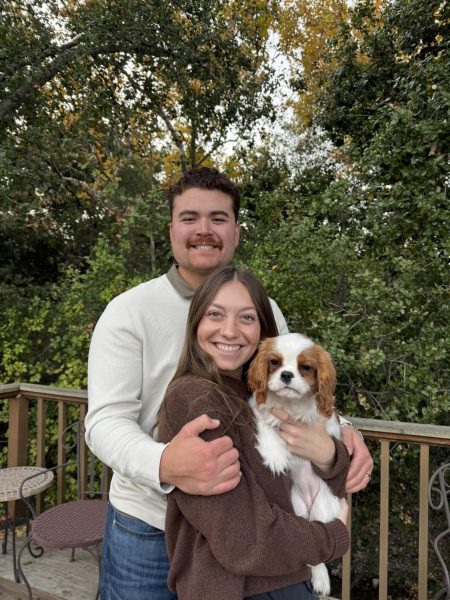
“At this point in my life, I don’t see another human being on earth that can be happier than me,” Ramirez said. “It sounds a little fluffy, but I’ve lived a very blessed life — even learning life lessons from [my time in Argonaut Elementary] and experiencing struggles [there with my learning disability]. The great thing is that SHS still pushed me a tremendous amount educationally.”
Ramirez-Miller says that it can still take longer for people with learning disabilities to learn and understand a new topic, but the skills they gained in high school — understanding their own learning styles, standing up for themselves and practicing confidence in all their attributes — continue to shape their lives into the workplace and communities.
“You’re your biggest advocate, so advocate for yourself. If you feel like you’re not learning the material properly, talk to someone about it,” Ramirez-Miller said. “I think the most important thing is to know yourself and know that if you need extra help in something — that’s not something people should be embarrassed about. Be your biggest advocate, and just make sure you know what’s right for you. That will make all the difference.”

